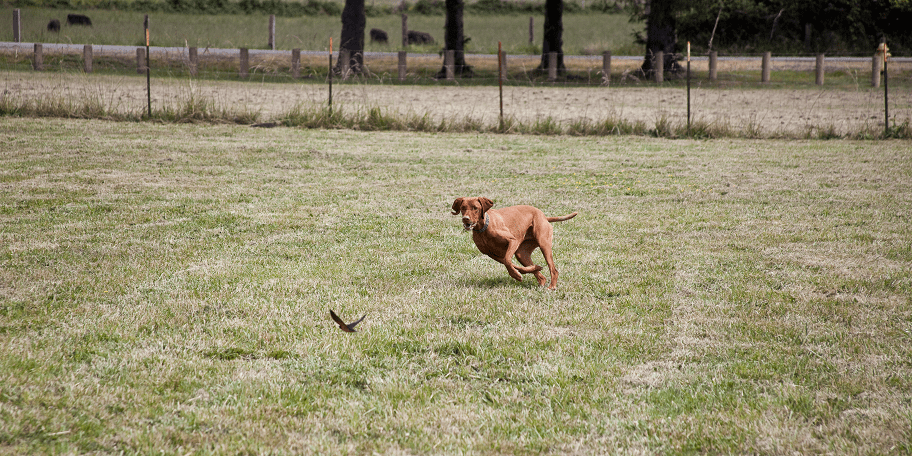What Emotions Do Dogs Feel?
Most people would agree that dogs, (as well as many other species of animal) do indeed have feelings. But to what extent do dogs feel emotion and how? We may be able to tell when our dog is happy, or sad, or angry but, emotions in animals is still a matter of scientific controversy. Read our Holidays4Dogs article to find out what emotions do dogs feel?
The UK Government has stated that animals should be regarded as sentient beings. However, the word ‘sentient’ only describes that the animal is awake, attentive and responsive. It does not really suggest an animal is capable of emotion; at least not in the human sense.
Animals as machines?
As far back as the 1600’s, dogs – or any animal, in fact – were not thought of as creatures capable of experiencing emotions. This was the basis of broad scientific thought at the time.
However, religion was very much entangled in this concept. Religious schools and universities often funded scientific research. Thus, when it came to the study of animal consciousness, the Church frowned upon the idea that animals were capable of being conscious in the emotional sense.
The most pivotal person to promote the idea that dogs were simply machines, was Rene Descartes. He claimed dog were more like machines – incapable of thinking, or feeling, and ‘programmed’ to perform certain functions. It became widely accepted that animals, therefore, were not capable of feeling – only acting.
What does modern science say?
Thankfully, science has moved on and progressed immensely since then – going way beyond the scientific thoughts of Descartes. We now know that dogs have a similar chemical, and neurological make-up, as humans.
Therefore, there is nothing to say that their emotional states might not be similar too. What we must not do, however, is believe that dogs have exactly the same emotional responses that we have.
Evidence suggests this is probably not the case. That said, experts believe dogs are capable of sensing and empathising with human emotions.
In addition, to follow this line of thought could actually be detrimental to dogs as a species. While they are most certainly not machines in fur coats, they are not human beings either.
Scientists involved in animal behaviour, (including humans) have come to the conclusion that dogs have roughly the same emotional and mental age, equivalent to a two year old human child – but this does not make them human in the same sense.
Dogs develop much more quickly than human children.
Therefore, by the time they are around six months old, a puppy will generally have developed the full range of emotions – excitement, fear and anger, for example.
It is not thought that dogs are capable of feeling more complex emotions such as shame, embarrassment, or guilt.
Guilt, in particular, is an emotion that is often misunderstood when it comes to our pet dogs. It is often hard for people to understand that our dogs don’t know the difference between ‘right’ and ‘wrong’ in human society.
If a dog has an accident in the house, owners assume that because of the way he behaves – cowering, running away, or hanging his head, the dog is feeling guilty. This simply isn’t the case. A dog may act in a submissive way, because they are anticipating admonishment previously received in the past.
Final thoughts.
While dogs cannot understand complex issues, or abstract notions, it does seem they are capable of feeling happy, sad, over-joyed and fearful. As well as this, they have a great love, devotion and an unwavering loyal bond with the humans in their lives.





